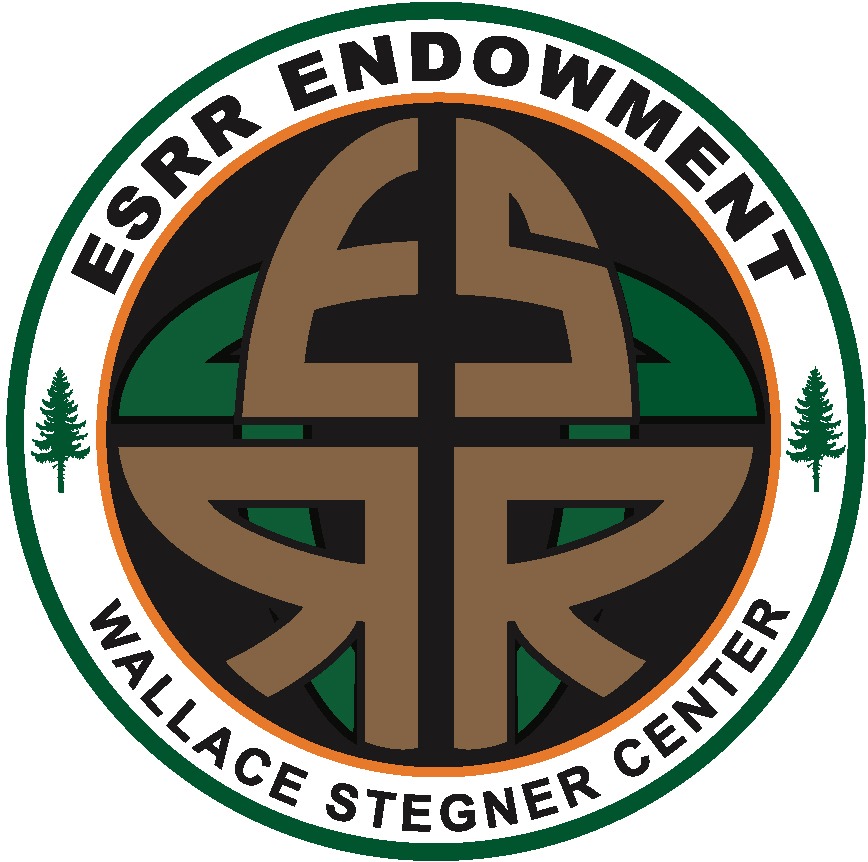WALLACE STEGNER CENTER
ENVIRONMENTAL DISPUTE RESOLUTION PROGRAM
The Wallace Stegner Center’s Environmental Dispute Resolution (EDR) Program fosters a culture of collaboration around environmental, natural resource, and broader public policy issues by helping people be more skillful in working through conflict. In particular, we focus on building capacity for collaboration through training, thought leadership, and collaboration assistance and advising.
AREAS OF WORK
Training
We specialize in training individuals and teams to skillfully navigate conflict and effectively collaborate to address complex environmental and public policy challenges
Collaboration Assistance & Advising
We convene, facilitate, and support model efforts that demonstrate the potential of collaboration to address seemingly intractable environmental and public policy disputes
Thought Leadership
We conduct research and share innovative ideas to advance our understanding of the theory and practice of conflict competence and effective collaboration
YOU MIGHT BE INTERESTED IN OUR...
RECENT EDR BLOG POSTS
How to find a Big-F facilitator
Apr 01, 2025In this blog, which is the second in a series on facilitation, we discuss how to find and work with a Big-F facilitator.
What is a facilitator and what do they do?
Mar 01, 2025The EDR program team has been getting a lot of questions about facilitation. In this blog, which is the first in a series on facilitation, we explain what facilitation is, why it matters, the differences between small-f and Big-F facilitation, and what small-f and Big-F facilitators do.
La Sal Sustainability Collaboration: Conflict competence in action
Feb 01, 2025My last project with the Wallace Stegner Center’s EDR program was facilitating the La Sal Sustainability Collaboration (LSSC), a diverse group working to co-create an approach to management of the Southern La Sal’s and Canyons, where federal, state and private rangelands are operated as an integrated, sustainable system.
2024 EDR blog year in review
Jan 01, 2025To kick off the new year, we’ve been reflecting on our achievements from 2024 and what we would like to accomplish in 2025. One of the things we are proud of from 2024 is posting another year’s worth of EDR blogs on key topics related to conflict competence and collaboration.

 The ESRR Endowment Fund for the
The ESRR Endowment Fund for the